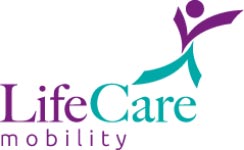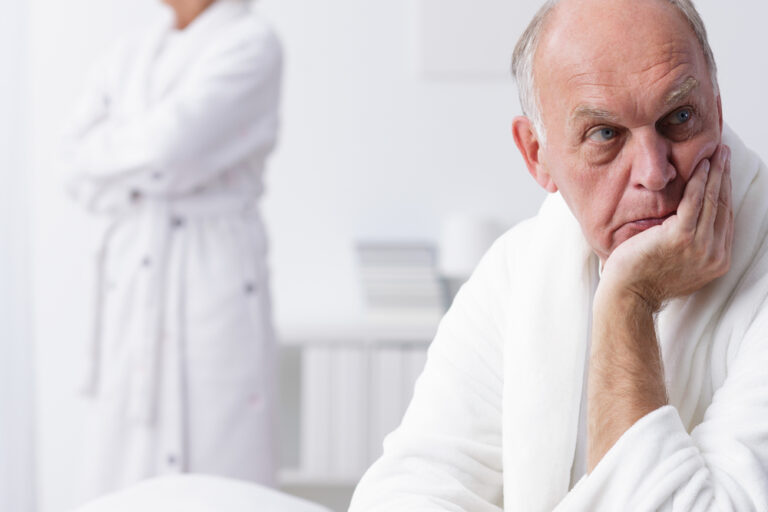For many older adults, personal hygiene upkeep is a tough sell. In some cases, seniors don’t feel the need to keep up with cleanliness because of depression and loneliness. In other cases, they may simply forget to go through their daily personal hygiene routines. The onset of dementia is often a factor in such instances. As a caregiver and/or loved one of an older adult, it’s important to find ways to assist your care recipient with his/her personal hygiene.
Talk about it.
Having conversations about personal hygiene can be really difficult. It’s certainly not easy to communicate to a loved one that he/she isn’t keeping very clean. Especially when foul odours are highly noticeable to family members and friends, it’s imperative to strike up a conversation with the older adult in your home. Naturally, it’s important to be very respectful and gentle about the situation.
“If you are noticing a decline in hygiene in an aging loved one it may be a good indication that they are struggling with daily tasks and routines,” says Jon Martin of Toronto’s Affinity Health, “Asking for help with such intimate tasks can feel humiliating and seniors will typically be extremely hesitant in bringing it up. By initiating a dialogue in a compassionate way you can open the door to your loved getting the help they need to preserve an independent lifestyle.”
Be discreet while being helpful.
Another issue is the embarrassment factor. It’s hard to blame any person of any age that needing assistance with personal hygiene can be a little shameful. It’s important to assure your elderly loved one that there’s nothing to be ashamed about. However, you can understand that it’s easier to say than feel. As a result, make sure that you do what you can to protect your loved one’s privacy and dignity while helping out in the bathroom.
“Modest seniors may feel more comfortable keeping up with certain hygiene routines if caregivers offer assistance in a way that maintains their privacy,” writes Angie Kunnath of South Carolina’s From The Heart Home Care, “For example, you could have a towel ready for when your parent gets out of the tub or shower. Because it’s important to clean skin folds and areas that are hard to reach, gently remind your parent about such things, and offer to help if he or she is having difficulty.”
Create a safe environment.
For many seniors, the bathroom can be a scary place. It’s hard to blame them. The constant presence of moisture and the slippery surfaces in most bathrooms can make them dangerous. The last thing you want is for your elderly loved one to slip and fall. Give him/her some peace of mind by creating a safe bathroom environment. This may involve some bathroom modifications such as grab bars.
“Always make sure there are safety measures in place, such as handrails, shower chairs or anti-slip covers in the tub,” instructs George & Patricia Jones of Home Helpers in Thousand Oaks, California, “You may also want to wear a waterproof apron to keep you from getting wet as you assist.”
At LifeCare Mobility Solutions, we provide a variety of home bathroom modifications including grab bars and raised toilet seats. Other modifications can be as simple as changing water faucet handles from knobs to levers. To learn more, please don’t hesitate to call us at 416-267-9800 or email us at info@lifecaremobility.ca. You may also contact us by filling out the form on our Contact page!










